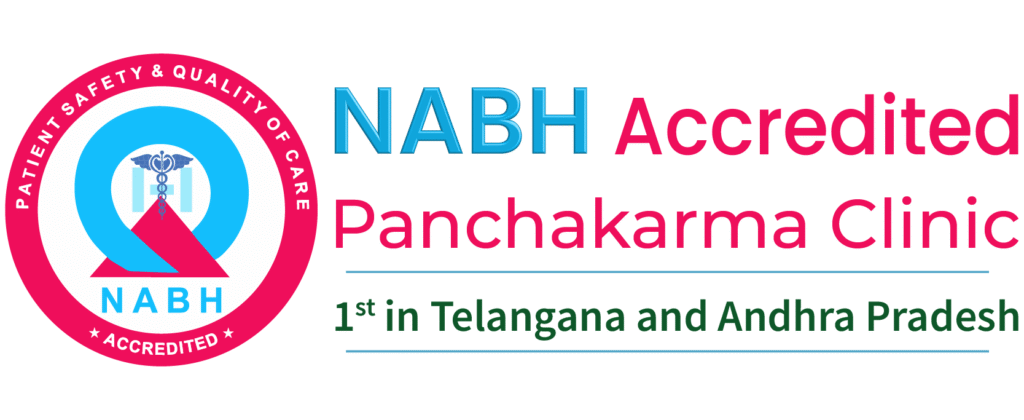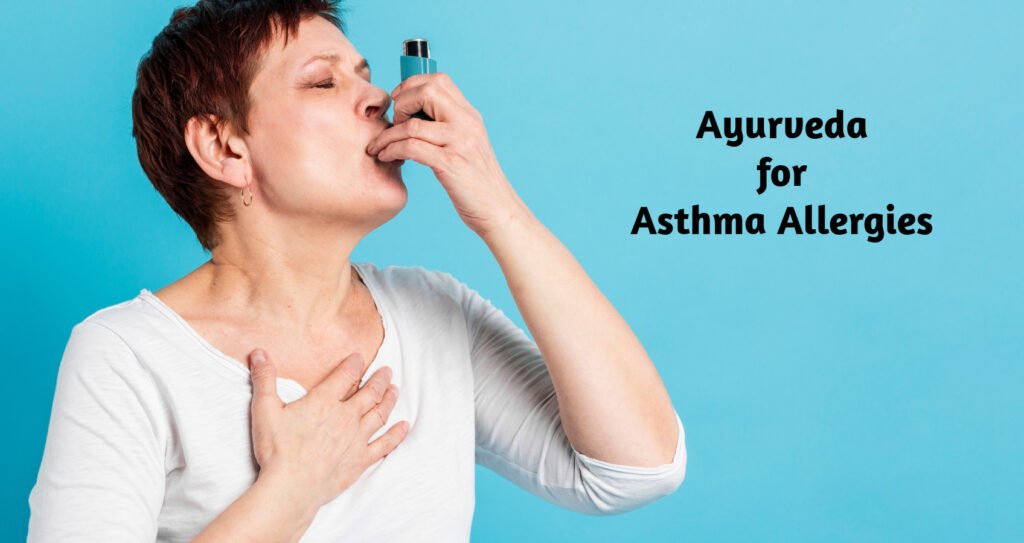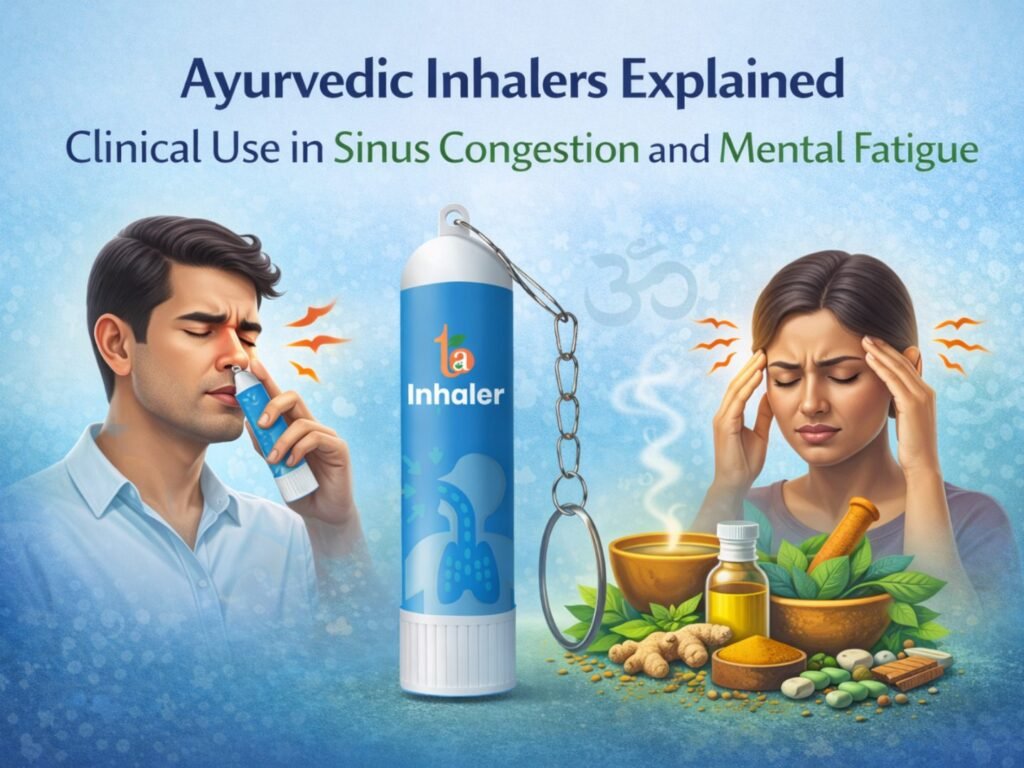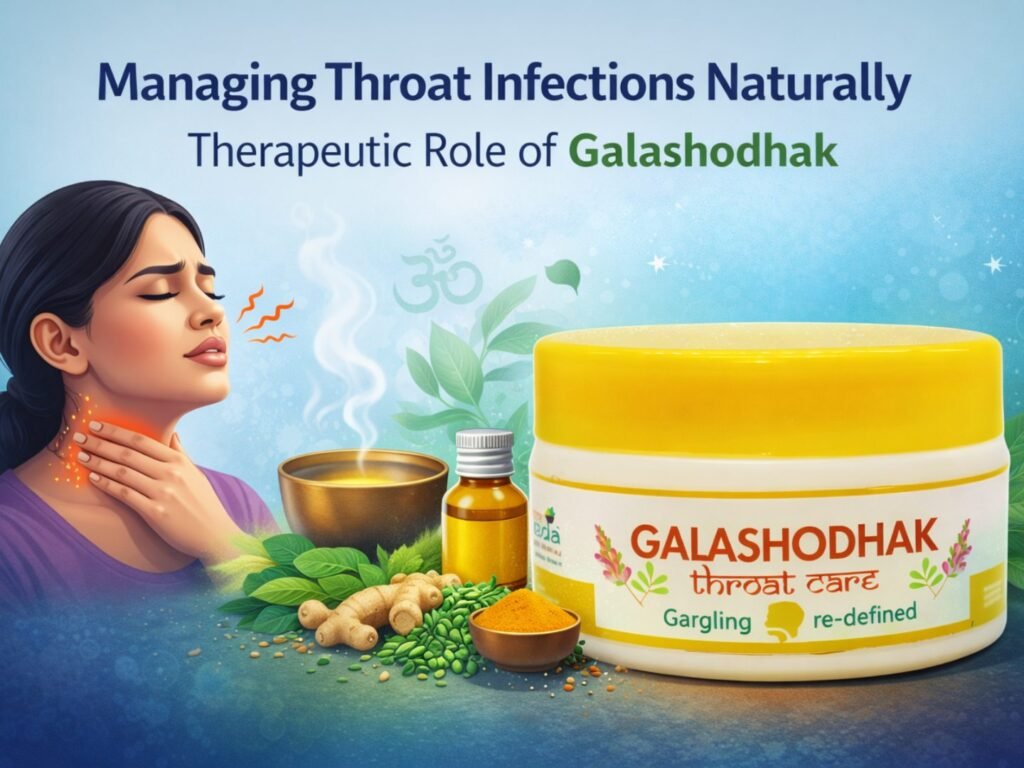Ayurveda offers effective strategies for managing asthma and allergies during the monsoon season. By balancing the doshas—Vata, Pitta, and Kapha—individuals can support respiratory health. Herbal remedies like turmeric and ginger can help reduce inflammation and clear mucus. Additionally, a diet rich in colorful fruits, omega-3 fatty acids, and probiotics enhances immunity. Lifestyle modifications such as regular exercise and stress reduction improve breathing. For more insights on holistic practices, further information awaits exploration.
Understanding Asthma and Allergies in the Monsoon Season
How does the monsoon season impact individuals suffering from asthma and allergies? The arrival of monsoon brings increased humidity, leading to a surge in mold spores and dust mite populations. For those with asthma, this can trigger exacerbations, causing wheezing and breathlessness. Allergic individuals may experience heightened symptoms, as pollen levels fluctuate unpredictably during this season. Additionally, stagnant water can foster mosquito breeding, leading to increased allergic reactions and respiratory distress. The interplay of dampness and allergens creates a challenging environment for respiratory health. Innovative approaches are essential, including air purification technologies and smart home solutions to mitigate exposure. For those seeking natural solutions, visiting an Ayurvedic hospital in Hyderabad can provide holistic treatments tailored for respiratory well-being.
Key Ayurvedic Principles for Respiratory Health
Ayurvedic principles emphasize the importance of balancing the body’s doshas—Vata, Pitta, and Kapha—to promote optimal respiratory health. Each dosha plays a distinct role: Vata governs movement, Pitta oversees transformation, and Kapha provides stability. For peak respiratory function, it is essential to maintain Kapha in check, especially during the monsoon, as its excess can lead to congestion and mucus build-up. Additionally, nurturing Pitta supports metabolic processes, while balancing Vata enhances airflow. Techniques such as pranayama (breath control), dietary adjustments, and lifestyle modifications are integral to restoring harmony. For deeper care, therapies at a NABH Ayurvedic Panchakarma clinic in Hyderabad can help detoxify the body and strengthen respiratory functions naturally.
Herbal Remedies to Alleviate Symptoms
Numerous herbal remedies have been traditionally utilized to alleviate symptoms of asthma and allergies, offering a natural approach to respiratory relief. Turmeric, renowned for its anti-inflammatory properties, can be incorporated into teas or supplements, potentially easing airway inflammation. Additionally, ginger acts as a powerful expectorant, helping to clear mucus and improve breathing efficiency. The use of eucalyptus oil, known for its decongestant effects, can enhance respiratory function when inhaled or applied topically. Moreover, licorice root may soothe irritated airways and reduce coughing. These innovative herbal solutions, grounded in ancient wisdom, represent a promising strategy for individuals seeking to manage asthma and allergy symptoms holistically, paving the way for enhanced respiratory well-being.
Dietary Recommendations for Enhanced Immunity
A well-balanced diet plays an essential role in enhancing immunity, particularly for those managing asthma and allergies. Incorporating a variety of colorful fruits and vegetables guarantees a rich supply of antioxidants and vitamins essential for immune health. Foods high in omega-3 fatty acids, such as flaxseeds and walnuts, demonstrate anti-inflammatory properties beneficial for respiratory function. Additionally, probiotics from yogurt and fermented foods can foster gut health, which is intricately linked to immune responses. Herbal spices like turmeric and ginger can be integrated into meals for their potent anti-inflammatory benefits. Staying hydrated is equally vital, as water supports bodily functions and helps thin mucus. If symptoms overlap with sinus issues, opting for Ayurvedic treatment for sinusitis in Sainikpuri can complement dietary care and strengthen immunity further.
Lifestyle Modifications for Better Breathing
Effective lifestyle modifications can greatly enhance breathing for individuals dealing with asthma and allergies. Incorporating regular physical activity, such as yoga or brisk walking, can strengthen respiratory muscles and improve lung capacity. In addition, maintaining a clean living environment—free from dust, mold, and allergens—can considerably reduce triggers. Implementing stress-reduction techniques, like meditation or deep-breathing exercises, fosters a calm state that benefits respiratory health. Moreover, adopting a sleep routine that prioritizes quality rest can booster immune function and resilience against respiratory issues. Finally, staying hydrated aids in maintaining ideal mucous membrane health, facilitating easier breathing. By embracing these innovative changes, individuals can create a more supportive and breathable atmosphere in their daily lives, ultimately enhancing overall well-being.
Frequently Asked Questions
- Can Yoga Help Manage Asthma and Allergies During Monsoon?
The inquiry into whether yoga can assist in managing asthma and allergies, particularly during the monsoon season, highlights a growing interest in holistic health approaches. Research suggests that yoga’s emphasis on controlled breathing and relaxation techniques may enhance lung function and reduce stress, potentially alleviating symptoms associated with these conditions. Moreover, the gentle stretching involved can improve overall respiratory health, making yoga a promising complementary practice for individuals facing these challenges during damp weather.
- What Are the Best Essential Oils for Respiratory Health?
Essential oils have gained attention for their potential benefits in promoting respiratory health. Eucalyptus oil, known for its decongestant properties, helps clear airways. Peppermint oil can ease breathing difficulties due to its menthol content, while tea tree oil possesses antimicrobial qualities that may support lung function. Additionally, lavender oil is recognized for its calming effects, which can reduce stress-related respiratory issues. Overall, these oils offer innovative solutions for enhancing respiratory wellness.
- Are There Any Yoga Poses Specifically for Breathing Issues?
Yoga offers several poses specifically beneficial for breathing issues. Poses like Pranayama, which focuses on controlled breathing, and Bhujangasana (Cobra Pose), known for opening the chest, enhance lung capacity. Additionally, Sukhasana (Easy Pose) promotes relaxation, facilitating deeper breaths. Incorporating these poses into a routine can foster respiratory health and improve overall well-being. The innovative approach of combining physical postures with breath control can greatly enhance one’s ability to manage breathing difficulties.
- How Can Stress Affect Asthma and Allergy Symptoms?
Stress can greatly exacerbate asthma and allergy symptoms, leading to increased inflammation and airway constriction. When the body experiences stress, it releases hormones such as cortisol, which can heighten sensitivity to allergens and trigger asthma attacks. Additionally, stress may lead to poor lifestyle choices, such as reduced physical activity and unhealthy eating, further compromising respiratory health. As a result, managing stress through innovative techniques such as mindfulness and relaxation practices can be beneficial for those affected.
- Is Acupuncture Effective for Asthma and Allergies?
The effectiveness of acupuncture for asthma and allergies has garnered attention in recent years. Research indicates that this ancient practice may help alleviate symptoms by promoting relaxation, reducing inflammation, and enhancing overall respiratory function. While results vary among individuals, some studies suggest that acupuncture can complement traditional treatments, offering a holistic approach to managing these conditions. As innovation in healthcare continues, acupuncture remains a compelling option for those seeking alternative therapies for respiratory issues.












